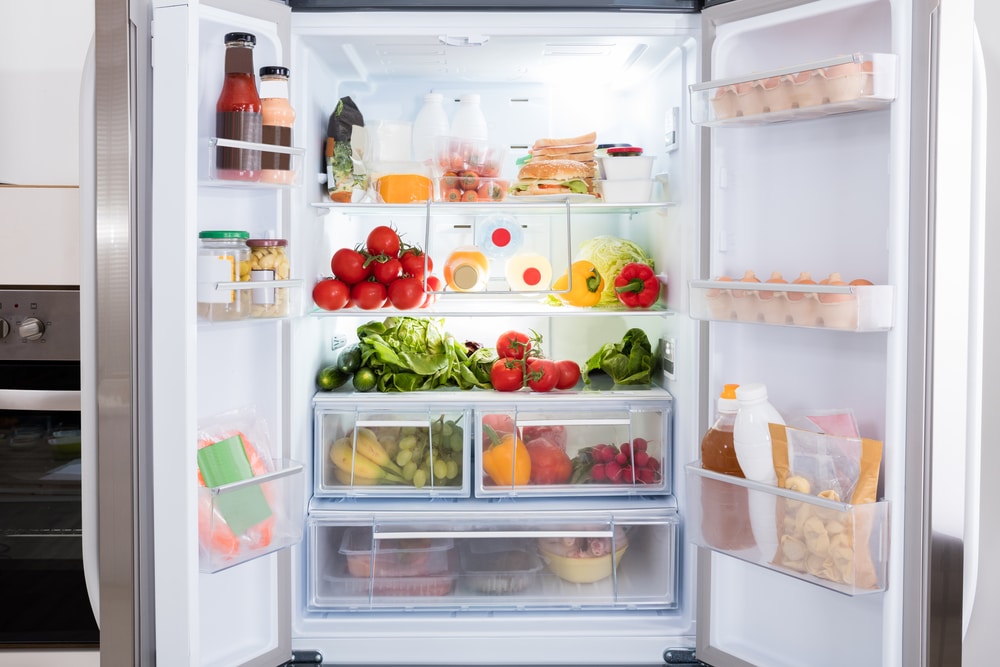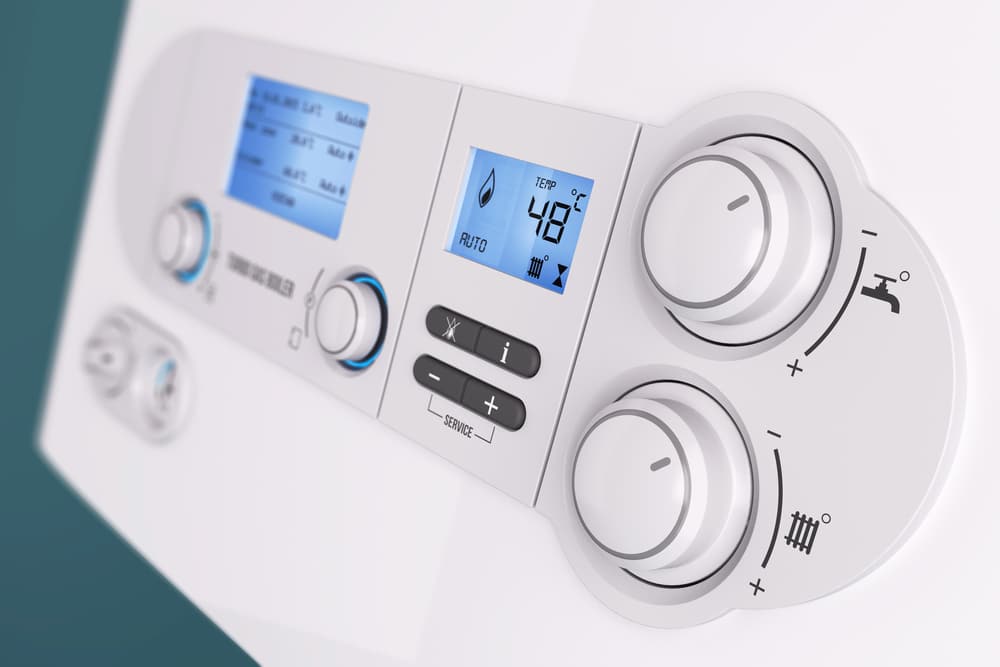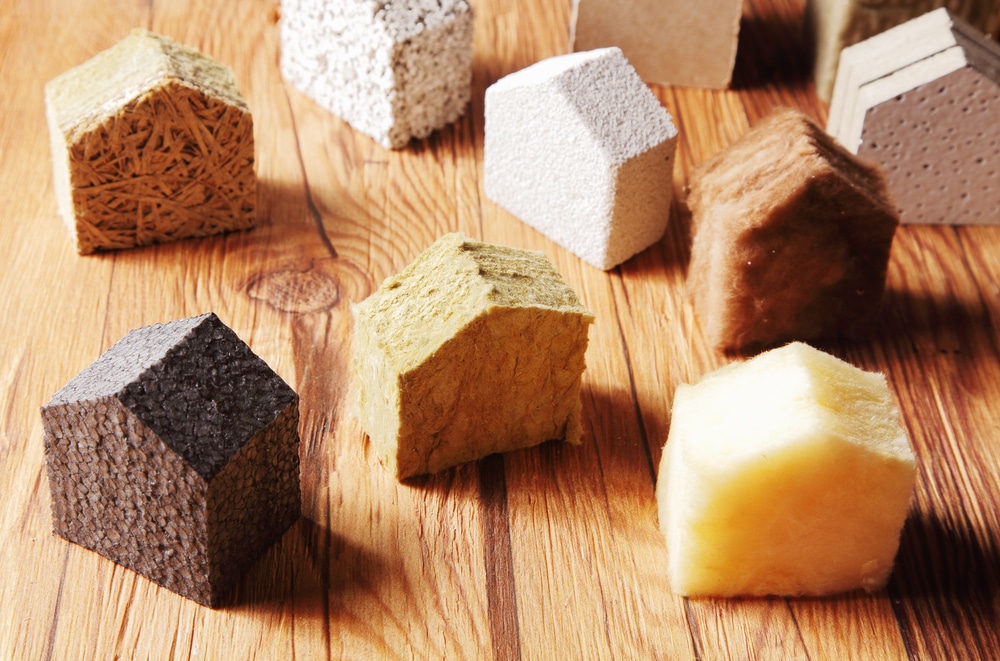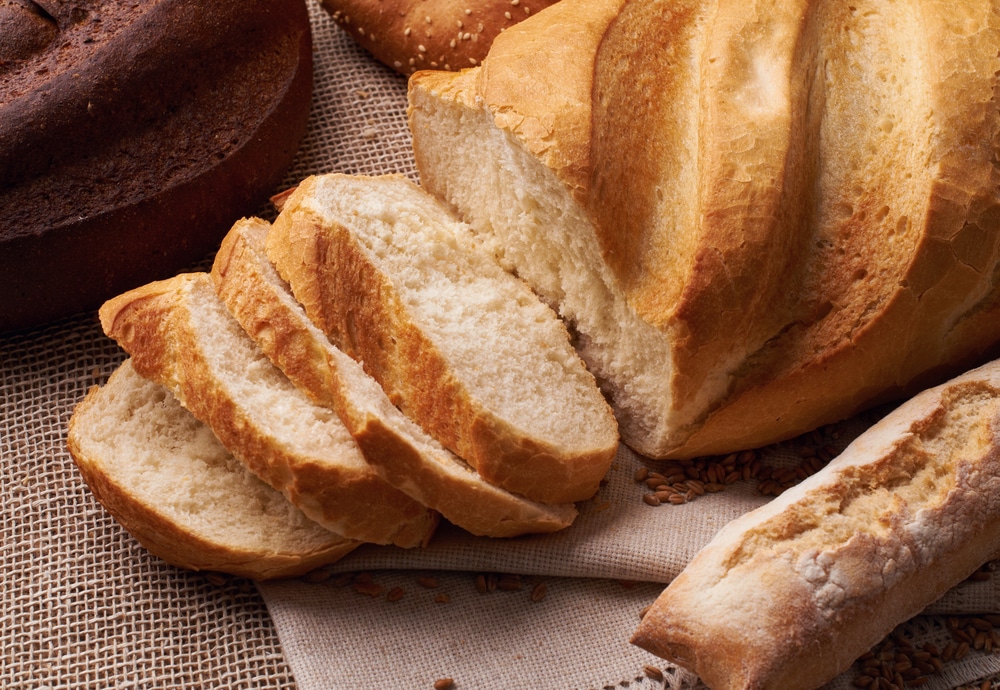Jasmine Birtles
Your money-making expert. Financial journalist, TV and radio personality.


…eh? Save energy in the summer when we’re all out in the sunshine enjoying ourselves?
Well yes – it doesn’t have to be cold to make us spend money on energy. In fact, if you have air conditioning or even just electric fans you could be using a lot that way. Even our fridges and freezers have to work harder in weather like this.
So here are five ways to cut your costs while the sun blazes (here’s hoping it’s here for a month more at least!):

Yes, really, it’s actually useful to have the fridge stuffed. Having lots of food in your fridge – such as fresh fruit and vegetables, which we should be eating a lot in the hot weather anyway – keeps it from warming up too fast when the door is open. That way your fridge doesn’t have to work so hard to stay cool. Also, by the way, make sure you open the fridge door as little as possible and close it quickly!

Your boiler drains the most energy in your home. When you go on holiday, turn it off. It could save you up to £25 a year. Actually, now is also a really good time to replace dodgy boilers so if yours is on its last legs, do it now while the prices are low and plumbers are twiddling their thumbs. If you wait until the cold weather you will pay a lot more to get it done.

This is a nice easy one as who wants a bath in the hot weather? The average household uses most of its hot water for washing themselves. So by switching from a bath to a shower, you can reduce your water heating costs by nearly a third.

Proper insulation doesn’t just keep your home warm in winter; it also keeps it cool in the hot weather. Get insulation done now and not only will you save on your bills but you’re likely to get the job done cheaper as well as this is another thing that tends to go up in price as the temperature goes down.

The warm humidity of summer is prime real estate for bacteria.
Bread, fruit and veg in particularly can go off very quickly in the warm weather so here are some essential tricks to keep your food fresh for longer and save you money:


